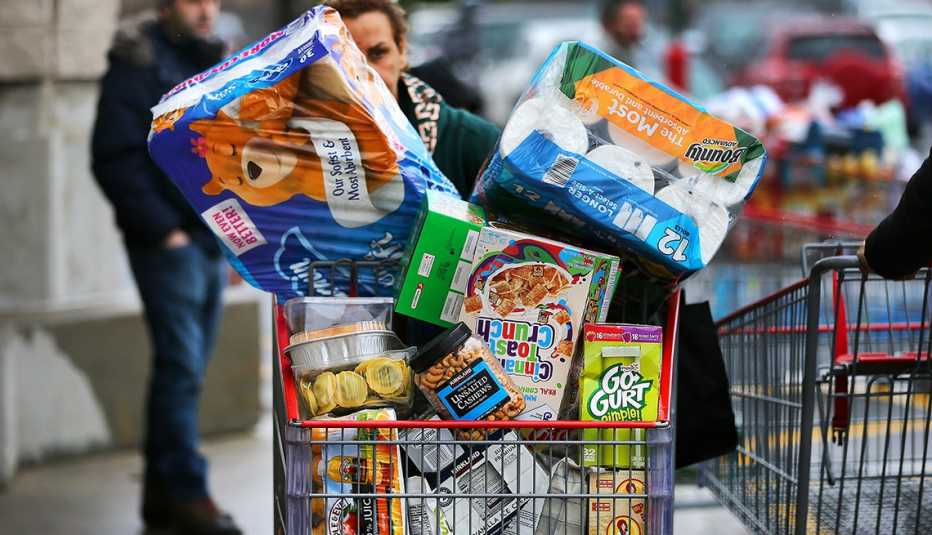Staying Fit


Your wallet probably knows this even better than the U.S. Bureau of Labor Statistics, but the agency reports that for the 12 months ended in May, the Consumer Price Index for food at home rose 11.9 percent, the largest 12-month increase in some 43 years. Buying food in bulk can help you fight back, provided you can cover the upfront cost — and you have the space to store it.
Consumers can pay considerably less for food when they buy it in larger quantities and store it in their freezer, pantry or basement. AARP spoke with four bulk food purchasing experts for their tips on what first-time bulk food buyers need to consider before jumping in.


AARP Membership— $12 for your first year when you sign up for Automatic Renewal
Get instant access to members-only products and hundreds of discounts, a free second membership, and a subscription to AARP the Magazine.
Is this really for me?
Sometimes new things sound intriguing, but then, when you look at the details, you realize they’re really not for you, says Jerlyn Jones, a registered dietitian and owner of the Lifestyle Dietitian in Atlanta. Buying in bulk is one of those things. Ask yourself: Is this really for me? If you like the concept of buying fresh fruits and veggies in bulk but not the reality of preparing and freezing them, don’t do it, she advises. And if going to the warehouse store once or twice monthly to purchase food in bulk sounds a lot more like work than fun, don’t do it.
Buying in bulk also requires taking stock of what you actually eat every month, says Jones. A quart jar of olives is a bargain only if you eat them all. And the initial outlay for buying in bulk can be a bit of a shock. You have to decide how much you are willing to spend and if you have enough money to comfortably cover the initial cost of the bulk purchase.

































































More on money
Inflation Strikes Fresh Fish Prices
Low-income diners ate 18 percent less seafood than those with high incomes